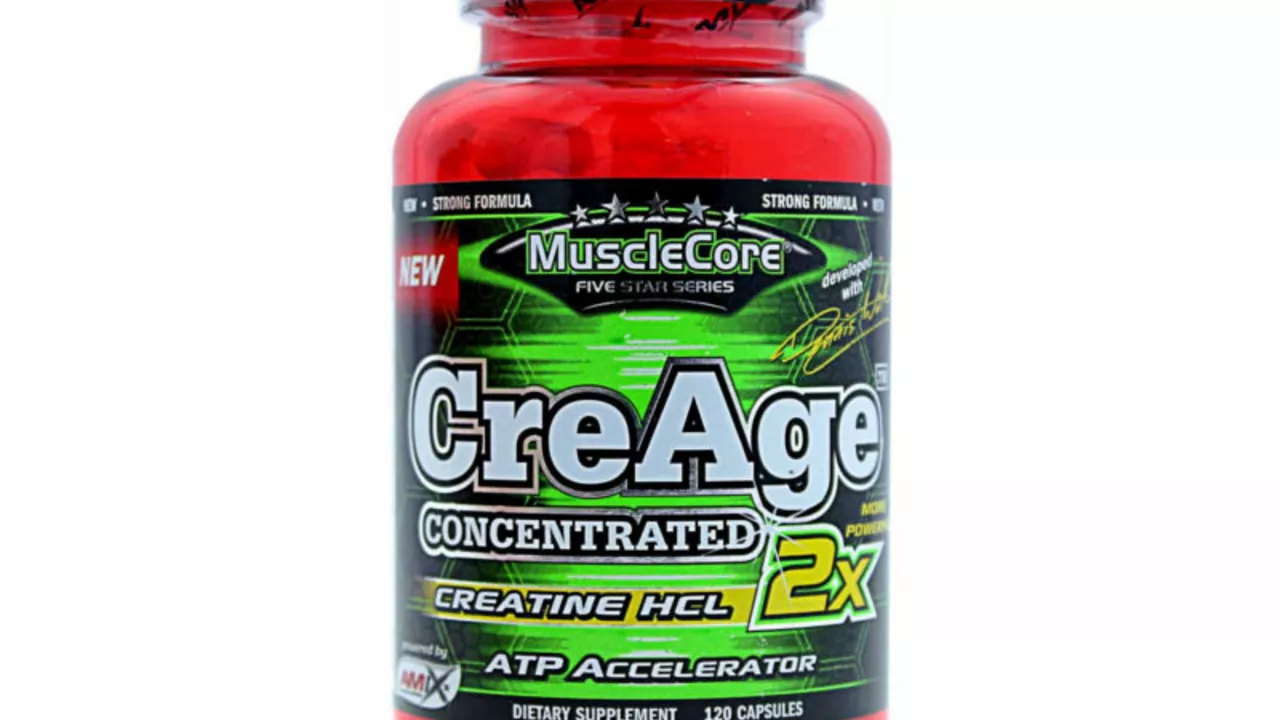Dietary Supplement Basics: Smart, Safe Choices
Not every supplement on the shelf is harmless. Lab tests often show gaps between label claims and actual content, and cheap products can carry contaminants. This tag page collects practical, no-nonsense articles about supplements you might actually consider—ashwagandha, clary sage, yerba mansa, Cartidin and more—plus how supplements mix with prescription meds and where to buy safely online.
How to pick a safe supplement
Start with the label. Look for clear ingredient lists, serving size, and a batch or lot number. Avoid products that hide amounts behind a “proprietary blend.” Those blends can mask weak doses or fillers.
Pick brands that use third-party testing. Certifications like USP, NSF, or an independent lab report mean the product was tested for purity and accuracy. If a site or seller won’t show a certificate, move on.
Form matters: powders and extracts vary in potency. A standardized extract (for example, 5% withanolides on ashwagandha) gives a clearer idea of what you’re taking than vague wording like “herbal extract.” Capsules are easiest for dosing; tinctures deliver faster but need careful measuring.
Price can be a clue. Ultra-cheap supplements often cut corners on sourcing and testing. Paying a few dollars more for verified quality is usually worth it.
Using supplements with prescriptions — stay safe
Supplements can help, but they also interact. St. John's wort lowers levels of many drugs. High-dose vitamin K affects blood thinners. Some herbs change blood pressure or blood sugar and can clash with meds for those conditions.
If you’re on prescription drugs, ask your prescriber or pharmacist before adding anything. Mention herbal products, probiotics, or over-the-counter remedies. For example, if you’re finishing a course of metronidazole, some people use Saccharomyces boulardii as a probiotic support—talk it through with your clinician first. Ashwagandha is commonly taken in extract doses around 300–600 mg daily, but that range isn’t right for everyone if you use thyroid or immune-modulating drugs.
Watch for side effects and stop if something feels off. Keep a short log: product name, dose, start date, and any new symptoms. That makes it easier to troubleshoot with a provider.
Buying online? Use established pharmacies or retailers with clear contact info, return policies, and verified customer reviews. Avoid foreign sites that won’t show a physical address or don’t require prescriptions when one is normally needed.
Storage and kids: keep supplements in a cool, dry place, away from children. Many herbal tinctures and concentrated extracts can be accidental hazards if a child gets into them.
Want practical reads? Check our individual guides on ashwagandha benefits and safe use, clary sage for mood and sleep, yerba mansa for energy, and product-specific reviews. Start small: pick one trusted source, verify testing, and talk to your healthcare team before making supplements part of your daily routine.
- September 8, 2024
- Comments 13
- Health and Wellness
Unlock the Power of Cubebs: Your Essential Guide to This Vital Dietary Supplement
- July 12, 2023
- Comments 14
- Health and Wellness
Asparagus: The Secret Weapon in Your Dietary Supplement Arsenal
- June 2, 2023
- Comments 20
- Health and Wellness
Quillaia: The Dietary Supplement That Delivers Unmatched Health Benefits
- May 29, 2023
- Comments 17
- Health and Wellness
Unlock the Amazing Health Benefits of Coconut Oil: Your Ultimate Dietary Supplement Guide
- May 21, 2023
- Comments 5
- Health and Wellness
Revitalize Your Body and Mind with Calamus: The Must-Have Dietary Supplement for a Healthier You
- May 12, 2023
- Comments 12
- Medications and Supplements






